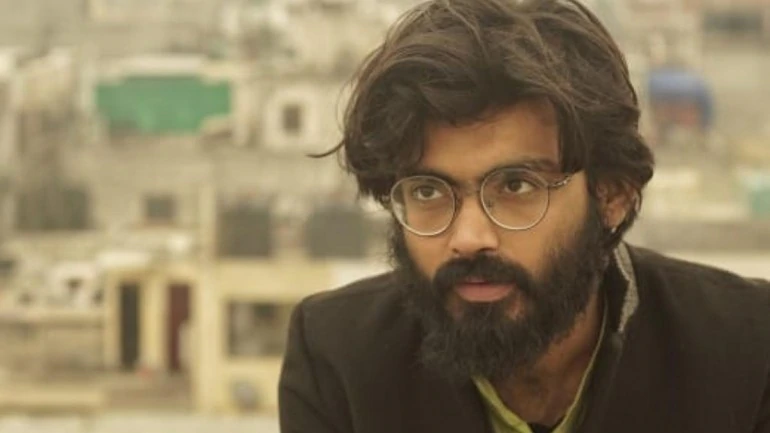
The Delhi High Court recently dismissed a series of petitions, including one filed by Sharjeel Imam, challenging the release of the film 2020 Delhi, which is based on the 2020 Northeast Delhi riots. The court, in its order, noted that it was premature to intervene as the film has not yet received certification from the Central Board of Film Certification (CBFC).
Justice Sachin Datta, who heard the matter, acknowledged the producers’ submission that the necessary certification from CBFC had not been obtained yet. The producers assured the court that they would not release the film or its trailer on social media until the CBFC granted approval. They also confirmed that the movie was a dramatized and fictionalized account, not meant to depict an exact representation of the February 2020 events. Additionally, the producers committed to adding a disclaimer at the beginning of the film and its trailer to clarify its fictional nature.
Taking into account the submissions, the court expressed confidence that the disclaimer would address concerns regarding any potential misrepresentation of actual events. It also noted the ongoing examination of the issue by the Election Commission of India (ECI), which was reviewing whether the film might influence voters and the political discourse.
The petitions filed by Sharjeel Imam, an accused in the riot case, along with two other petitions, one from an independent candidate running in the Delhi Legislative Assembly elections, were heard at length by the court. Imam’s petition raised concerns that the film’s trailer unfairly depicted him as the central figure in the riots. His counsel argued that the trailer mirrored Imam’s speech, which is quoted in the chargesheet of the ongoing UAPA case, potentially prejudicing the trial.
The filmmakers, represented by Senior Advocate Jayant Mehta, denied the claims and assured the court that they would only release the movie after receiving CBFC certification. The Union Government and CBFC’s legal representative, ASG Chetan Sharma, argued that the petition was not maintainable under Article 226, as no legal violation had occurred yet.
Imam’s legal counsel, Advocate Warisha Farasat, emphasized the need to preserve the fairness of the ongoing trial, stressing that the film’s portrayal could harm Imam’s right to a fair trial. She further contended that the film’s trailer inaccurately portrayed the events and could influence the ongoing legal proceedings.
The case also raised concerns from the Election Commission, with advocates claiming that the film could sway the outcome of the upcoming Delhi elections. The petitioners argued that the film’s content could disturb the principle of free and fair elections.
In its ruling, the court noted that the matter would be reconsidered only once the CBFC certification is obtained. The Election Commission’s investigation into the potential impact of the film on the electoral process remains ongoing, and the matter is expected to be revisited at a later date.
With this, the Delhi High Court effectively disposed of the petitions, determining it premature to intervene while the necessary certification process was still pending. The decision leaves the path open for future discussions and legal reviews once the film’s release timeline becomes clearer.
Sources By Agencies

